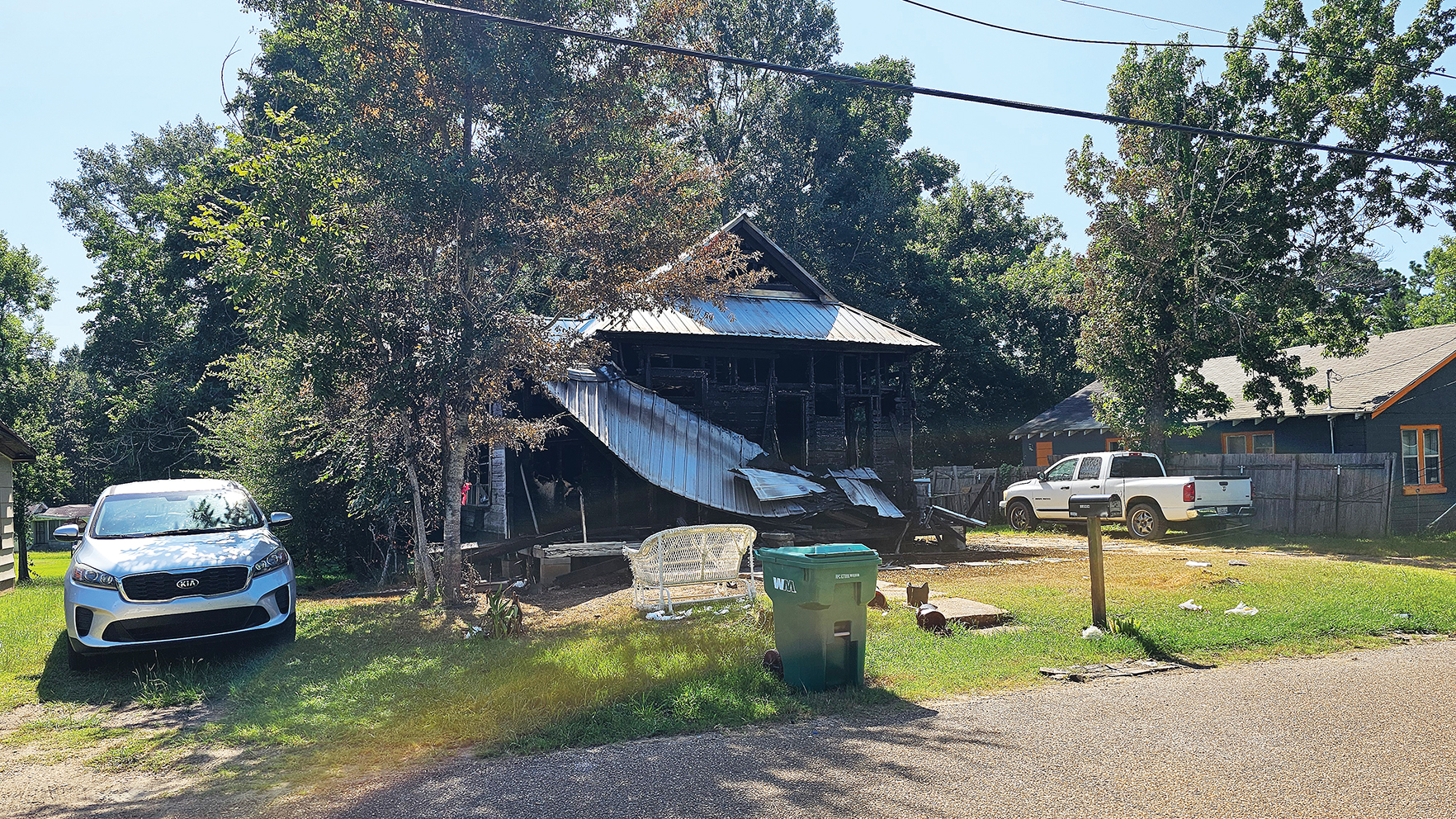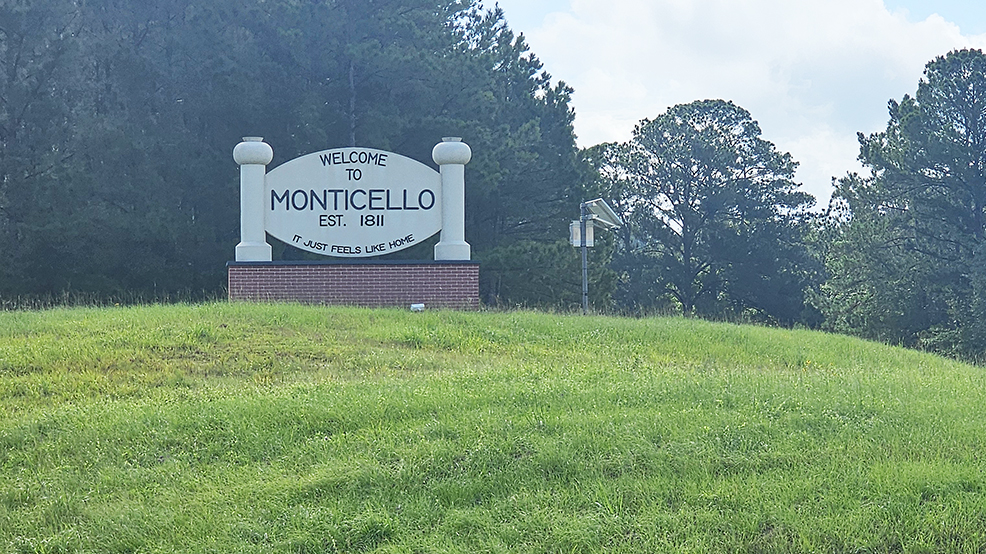Appointed vs. elected supt. issue viewed
Published 8:00 pm Thursday, February 28, 2013
Voters in the Lincoln County School District may be accustomed to selecting a superintendent on the ballot every four years, but some state legislators think that’s a practice in need of change throughout the state.
A bill cleared the Senate earlier this month that would mandate all school district superintendents be appointed by the local school boards unless a majority of voters used a referendum election to demand the election of superintendents in their district.
Right now, most municipal school districts – including Brookhaven – have appointed superintendents, while many county school districts have elected superintendents.
Trending
Terry Brister heads up the Lincoln County School District as superintendent and is elected. He’s serving his third term.
He described himself as ambivalent on the subject and didn’t venture a preference.
“You’ve got some districts with appointed superintendents that do well and some districts with elected superintendents that do well,” Brister said.
School board member Jack Case expressed much the same opinion.
“You’ve got some that argue one way and some argue another,” Case said. “The job’s got to be done regardless.”
Case said he wouldn’t oppose a move to an appointed superintendent in Lincoln County, but he also feels the current system works fine.
Trending
He also thinks it’s pretty clearly what the voters of a rural school district like Lincoln County prefer.
“Most of the people in a rural area think they’ve got to vote,” Case said. “If they leave it up to the people, I don’t think you’ll have an appointed superintendent.”
However, District 53 Rep. Bobby Moak, of Bogue Chitto, said the issue appears dead in the state House of Representatives.
“The education committee in the House has told us we’re not going to discuss that anymore this session,” he said. “I’m taking them at their word.”
Moak, who serves as the Democratic minority leader in the House, counts himself among opponents of the current proposal to appoint all superintendents.
He criticized what he sees as the patchwork of current proposals regarding the leadership of school districts.
“One issue that has been broached is you get appointed superintendents and elect the school board,” Moak said. “Then they started backing up: ‘Well in municipalities, you don’t need elected school boards.’ I don’t think we need to piecemeal about how school leaders are put in place.”
The Democratic minority leader somewhat sarcastically suggested he’d be open to conversation on the subject if a comprehensive bill was proposed that would mandate the appointment of all superintendents and election of all school board members.
“Yes, because that’s not going to happen,” Moak said.
Why won’t it happen?
“There is too much protection going on of certain school districts in the state,” Moak said, offering his opinion on the subject.
In Brookhaven, three of the five school board members are appointed by city aldermen. The remaining two board members are elected by residents living within the Brookhaven School District but outside city limits.
Senate Bill 2199, mandating the cessation of superintendent elections, passed the Senate earlier this month by a commanding 44-6 vote. Brookhaven’s Sally Doty, of District 39, was among those voting in favor.
The superintendents of 62 county school districts are elected, with the remaining 89 districts appointed.
Supporters of a move to appointed superintendents often suggest it will allow the board to search outside the county, if needed, to find the most qualified candidate.
Under the current system, particularly in rural school districts with small populations, supporters say districts are needlessly restricted to a small pool of candidates.
Supporters also cite a number of districts that have had unopposed superintendent races as indicative of the limited field of qualified candidates.
In 2011 elections, Lincoln, Lawrence and Franklin counties all had contested elections for superintendent. Copiah County saw incumbent Rickey Clopton go unopposed.
Proponents further go on to cite the fact that an elected superintendent that proves faulty can’t be removed from office until an election comes around every four years.
In Lincoln County, Case acknowledged that different means of selecting a superintendent may affect the superintendent’s performance.
“If you appoint one, he probably feels like the board is his boss,” Case said. If he’s elected, he’s probably trying to serve all the people. It’s a little different feeling.”





